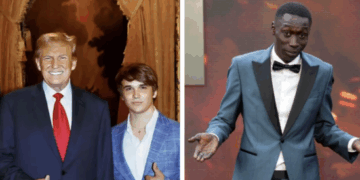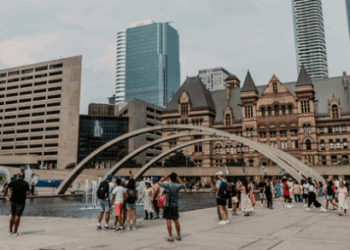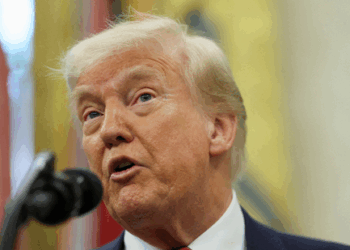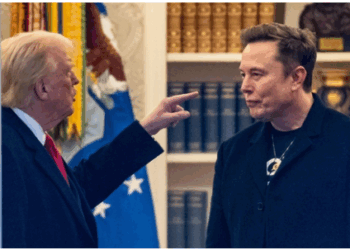The U.S. Supreme Court has declined to hear a major appeal from Republican lawmakers challenging voting procedures in several key states. This decision is expected to have substantial implications for voter access and election integrity as millions prepare to cast their ballots.
The case at hand involved a plea from Republican officials in multiple states who sought to impose stricter voting regulations, arguing that these measures were necessary to ensure the integrity of the electoral process. The plaintiffs claimed that the current voting procedures increased the risk of fraud and undermined public confidence in election outcomes. However, the Supreme Court’s refusal to take up the case leaves the existing voting rules in place, which many Democrats and voting rights advocates argue are critical for maintaining fair access to the ballot box.
Critics of the Republican appeal welcomed the ruling, viewing it as a victory for democracy and voter participation. “The Supreme Court’s decision reinforces the principle that all eligible voters should have the opportunity to participate in elections without unnecessary barriers,” said a spokesperson for a national voting rights organization. “Now, more than ever, we need to ensure that every voice is heard in our democracy.”
Conversely, Republican leaders expressed disappointment with the ruling, stating that it hampers efforts to safeguard elections. “We believe that maintaining election integrity is paramount, and we will continue to fight for policies that ensure secure and trustworthy elections,” said a prominent Republican spokesperson.
This decision by the Supreme Court adds another layer of complexity to an already contentious election season, where debates over voting rights and election integrity have become focal points for both parties. With early voting already underway in many states, this ruling may influence voter turnout and sentiments as Americans head to the polls.
As the election draws closer, all eyes will be on the unfolding dynamics between voting rights advocates and those calling for stricter election laws, making the implications of this ruling a critical topic of discussion in the days ahead.








 India
India












